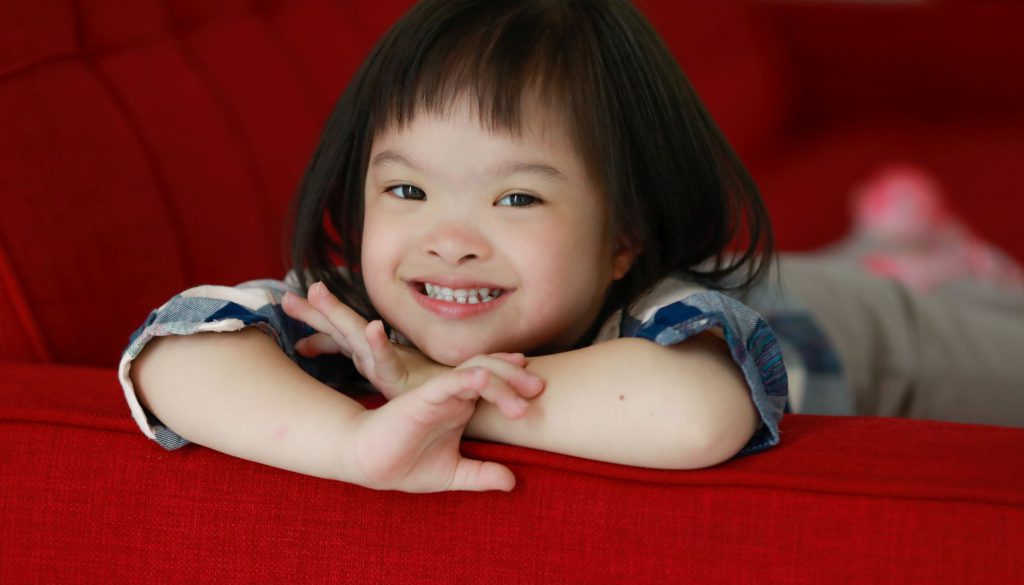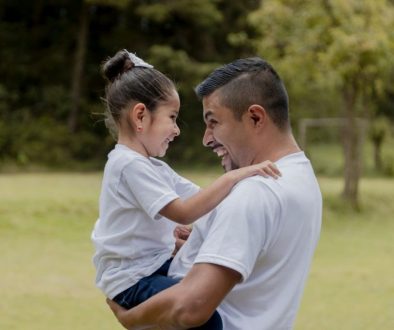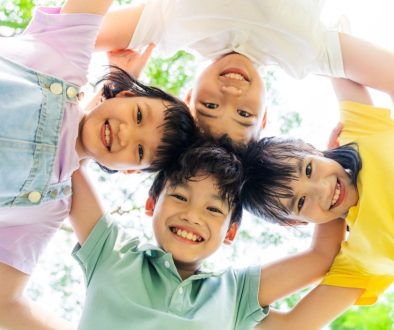Dance into February with Down Syndrome Consciousness Month!
The discovery of a pregnancy is a special time in the lives of expectant parents. It is filled with questions and wonderings about so many aspects of the impending baby. Will they look like Mum, or Dad? Will they sleep well? Will they lead successful lives? One of the most wished for things is that the new baby is healthy, born without physical or neurological impairment. Sadly, this is not always how things eventuate, and babies are sometimes born with a disability or medical condition, requiring special care during their childhood, and sometimes throughout their lives.
One of the most well-known conditions that is quite prevalent in today’s society is Down Syndrome. This condition occurs when a baby is born with an extra piece of genetic material known as a chromosome. People with down syndrome have an extra copy of chromosome 21. This is known as a trisomy, and down syndrome is often also referred to as Trisomy 21. Trisomy changes how a baby’s brain and body develop and can result in a range of disabilities of varying severity. Physically, a person with down syndrome usually has some common identifying traits, which can include:
- A flattened face, especially the bridge of the nose
- Almond-shaped eyes that slant up
- A short neck
- A tongue that tends to stick out of the mouth
- Tiny white spots on the iris (coloured part) of the eye
- A single line across the palm of the hand (palmar crease)
- Poor muscle tone or loose joints
Down syndrome also affects a person’s intellectual capabilities, however most young people with down syndrome enjoy a very typical life, with a range of support needs that can be minimal or more complex, depending on the individual.
In the Philippines, down syndrome is more common than you might think, with 1 in 800 babies being born with the condition, that’s 1 baby with down syndrome being born every 4 hours. February is National Down Syndrome Consciousness Month, which encourages everyone to learn a little more about this unique condition, to be accepting of the differences displayed by people with down syndrome, and to better support families living with a person with down syndrome.
One of the most popular ways that Filipinos can celebrate diversity during this consciousness month is to engage in Happy Walk, an annual activity that promotes awareness, acceptance, and inclusivity of persons with Down syndrome into society. This year, after a hiatus due to the Covid-19 pandemic, Happy Walk is back! Join with friends at the SM Mall of Asia for a morning of fun, while advocating for acceptance and social inclusion. Persons with a love of dance can also upload videos of themselves showing off their best dance moves to either TikTok or Facebook until February 15. Use the hashtags #happywalk2023showdown or #happywalk2023 to get yourself seen!
The prospect of having a baby born with down syndrome can be worrying and confronting, but there are things you can do to learn more about your chances of having a baby with this condition. As down syndrome is a genetic condition, there is a DNA screening test available for expectant parents who are interested in discovering if their unborn child may have the condition.
The Prenatal Peace genetic screening test from EasyDNA Philippines is non-invasive, requiring no risky amniocentesis or chorionic villus sampling. A standard blood draw is all that is required to undertake the DNA test; however it should be noted that this does not replace a diagnostic test. The Prenatal Peace test also screens for 17 other genetic conditions and provides accurate results in a timely manner.
National Down Syndrome Consciousness Month is a great time to learn more about this unique condition, and to embrace the people who live with it. Remember that kindness, acceptance, and inclusivity are basic needs for all humans!




